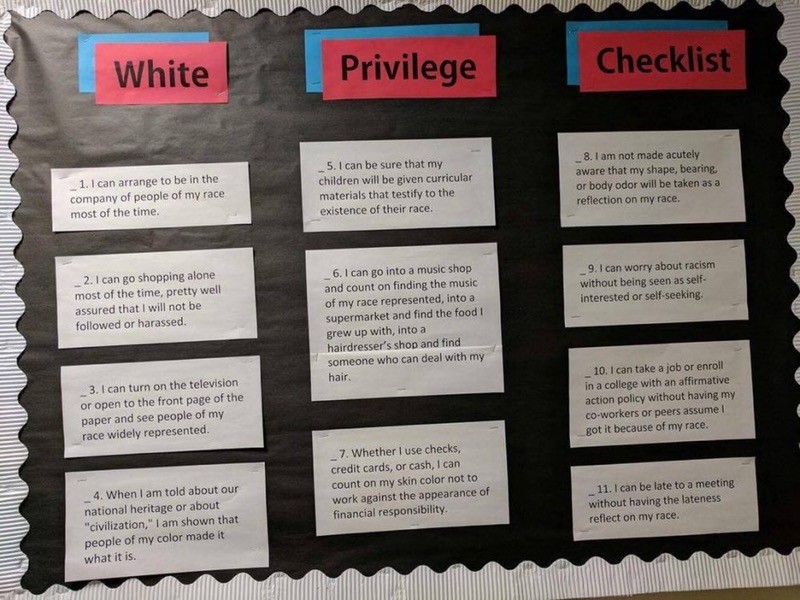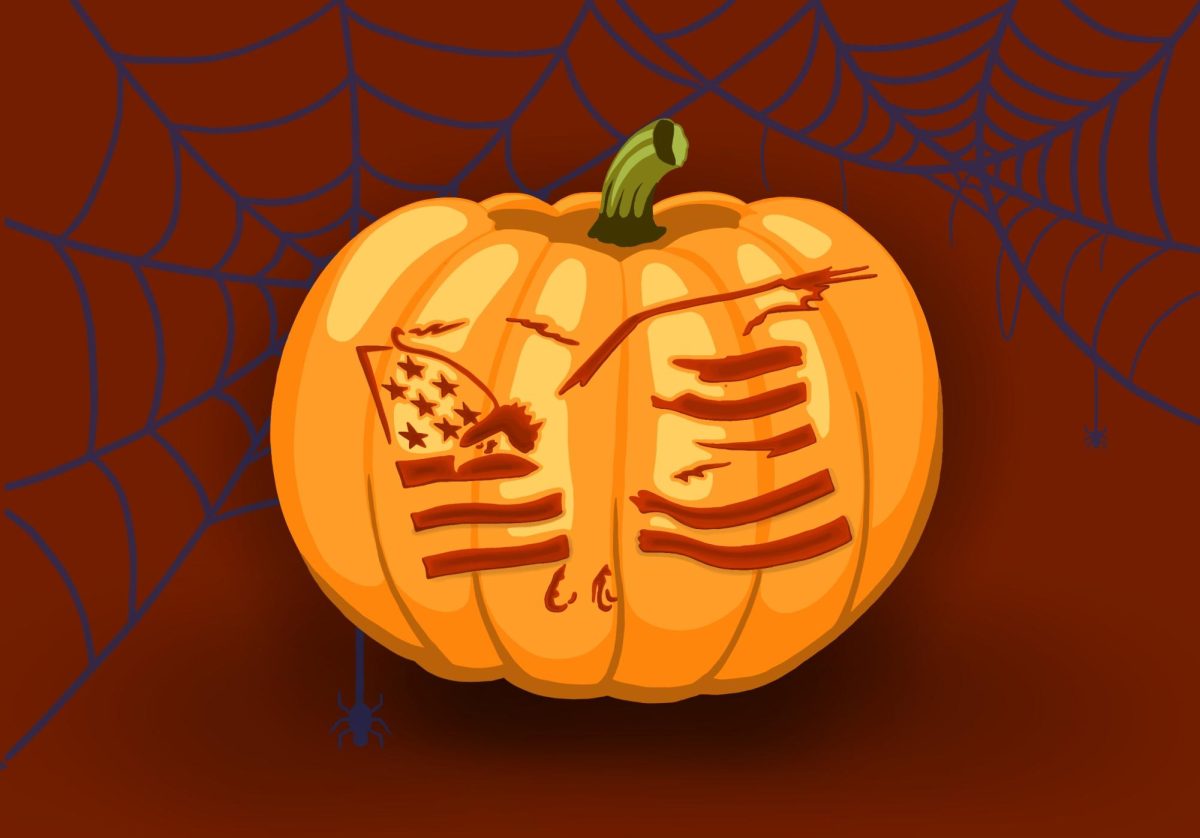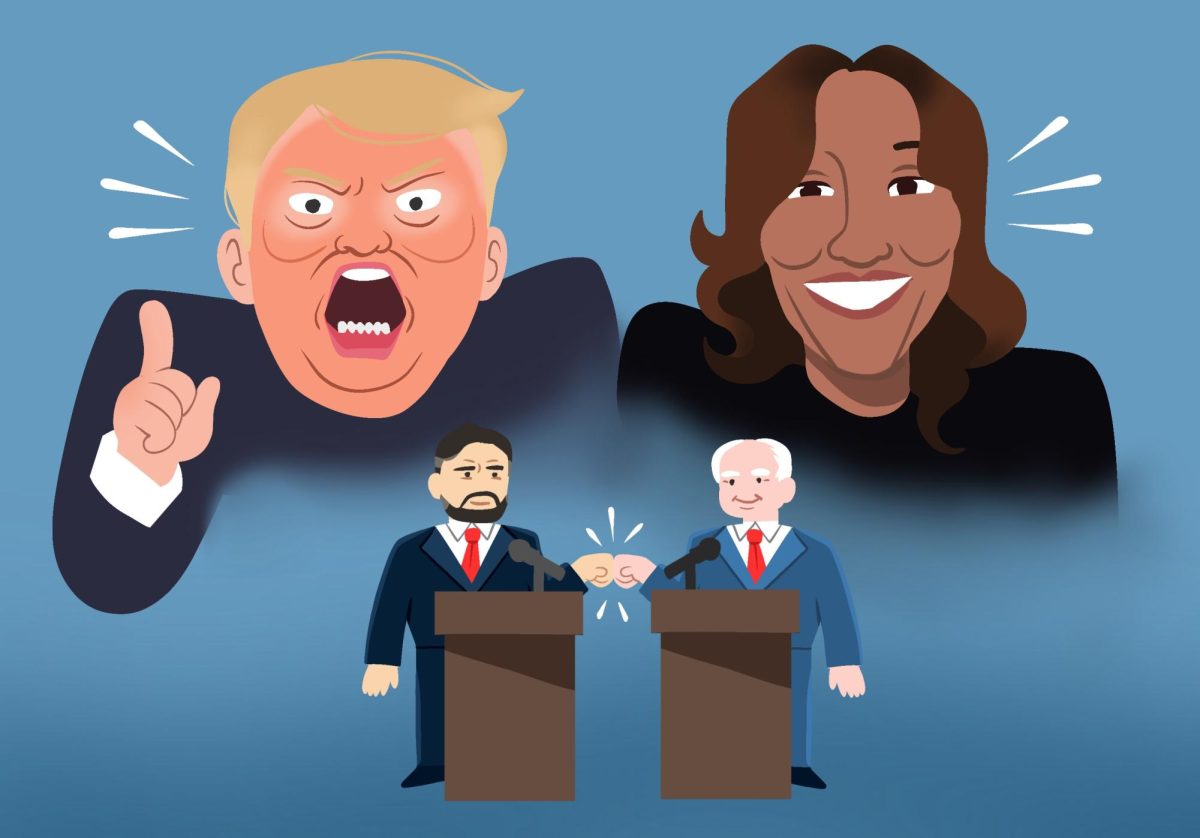In last week’s column, I wrote about a “white privilege checklist” posted on a Yudof Hall bulletin board. The board in question was likely taken down before my column even hit publication, and by now, it’s faded from the consciousness of even the most ‘socially conscious.’
However, I think it’s important to take a closer look at what happened, specifically regarding how messages are communicated and received.
Just so everyone is up to speed: University student Evan Christenson reported the “white privilege checklist” bulletin board to conservative campus news outlets, where it gained traction online. Christenson told WCCO the display simplifies a complex issue, and on that front, he and I agree.
Whether well-intentioned or not, a checklist for white privilege is a dumb idea. It isn’t something that can be pared down to 11 items which decide whether you have it or you don’t. It’s a concept that requires more footnotes than David Foster Wallace wrote in his entire lifetime, because white privilege isn’t the only problem, but it works in conjunction with many other unearned advantages and disadvantages a person racks up in their lifetime.
However, just because white privilege can’t account for all of society’s ills on its own doesn’t mean that it doesn’t exist — and saying that it “simplifies a complex issue” doesn’t dismiss the argument at hand. There’s an unjust all-or-nothing-approach to discussing topics, like privilege, when even the academics in the social sciences — that drive these discussions — view them as far more complex.
Every point on the checklist is taken from women’s studies scholar Peggy McIntosh’s 1989 paper “White Privilege: Unpacking the Invisible Knapsack,” and much is lost when they’re stripped from their context — namely, the fact that her paper was an autobiographical account of her life and not a statement on all white people’s lives.
McIntosh told me in an email that the bulletin board misrepresents her work on this fact alone.
Additionally, in the paper the bulletin board pulls from, McIntosh acknowledges that there are many forms of privilege and oppression which overlap with one another, but because she was writing a racial analysis, she chose the examples that had to do with race.
So yes, Christenson is correct when he says that the board simplifies a complex issue, but what’s worse is that the board also misrepresents the topic it wants people to learn.
When a person digs even a little bit further, they can see that many of the criticisms and rebuttals of white privilege that people have today were already addressed almost 30 years ago by the very people who brought these topics to the forefront of national discussion.
This is important because I have a feeling that there may be far more common ground on these topics of debate than may be readily apparent, and by acknowledging these commonalities, we can continue moving forward.







